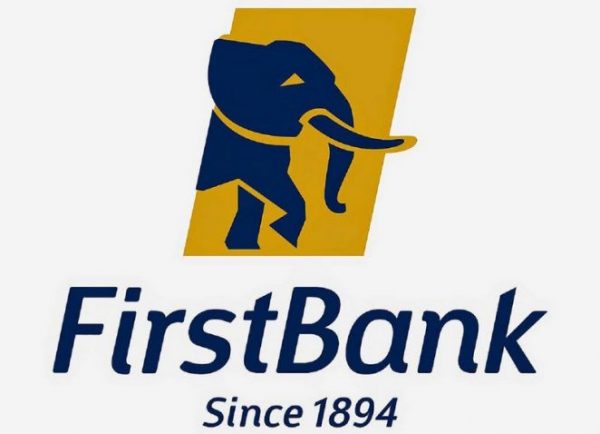First Bank of Nigeria (FBN) and General Hydrocarbons Limited (GHL) are embroiled in a legal battle stemming from a commercial loan agreement for the development of oil mining lease assets. FBN, alleging breach of contract and lack of transparency by GHL, secured a court order to arrest a GHL-owned oil cargo aboard the FPSO Tamara Tokoni. This action aims to secure FBN’s claim of approximately $19.75 million, plus interest and costs, related to the disputed loan. The court’s intervention underscores the gravity of the disagreement and the significant financial stakes involved for both parties. The arrest of the cargo effectively serves as collateral pending the resolution of the underlying dispute.
The heart of the conflict lies in FBN’s accusation that GHL diverted funds from the project, violating the terms of their loan agreement. This alleged misappropriation of funds triggered FBN’s demand for greater transparency and accountability in the management of the financed assets. To address this concern, FBN proposed the appointment of an independent operator, acceptable to both parties, to oversee the project and ensure proper financial management. This proposal, aimed at safeguarding the interests of all stakeholders and maximizing the value of the assets, was rejected by GHL. The refusal to cooperate further exacerbated the tensions between the two entities, ultimately leading to legal action.
GHL’s rejection of the independent operator proposal, coupled with their request for additional funding which FBN deemed unjustified, became a pivotal point in the escalating dispute. FBN argued that further investment without addressing the underlying governance issues and alleged fund diversion would be imprudent. This impasse led GHL to initiate arbitration proceedings, a common method for resolving commercial disputes outside of traditional court systems. Simultaneously, FBN sought and obtained preservative orders from the Federal High Court in Port Harcourt, leading to the arrest of the oil cargo. This legal maneuver allows FBN to secure potential assets against which to enforce any favorable judgment or settlement.
The court order granted FBN’s request for the arrest, attachment, or lien of the entire crude oil cargo aboard the FPSO Tamara Tokoni. The order specifically directs relevant authorities, including the Nigerian Navy, the Nigerian Upstream Petroleum Regulatory Commission (NUPRC), the Nigerian Maritime Administration and Safety Agency (NIMASA), and the Nigeria Ports Authority, to assist in enforcing the arrest and preventing any dissipation of the cargo. This comprehensive approach aims to secure the asset and maintain its value pending the outcome of the legal proceedings. The involvement of multiple agencies underscores the seriousness with which the court views the matter and its commitment to preserving the status quo until a final resolution is reached.
Furthermore, the court issued a warrant for the cargo’s arrest and detention, followed by a notice of arrest cautioning all parties against interference without court authorization. This formal legal process reinforces the court’s jurisdiction over the seized asset and establishes the legal framework for its continued custody. The notice also serves as a deterrent against any unauthorized attempts to move or tamper with the cargo, protecting its integrity and value for the duration of the legal proceedings. These actions demonstrate the court’s proactive approach to preserving the asset and ensuring its availability for eventual distribution as determined by the final judgment or settlement.
The public statements released by FBN provide further context to the dispute, emphasizing the bank’s commitment to good governance and transparency in financial transactions. FBN characterizes their actions as a necessary response to GHL’s alleged breach of contract and refusal to cooperate in implementing measures to protect the invested funds. By publicly addressing the issue, FBN aims to present their perspective and counter what they describe as “sponsored but false narratives” circulating in the media. The bank’s statement underscores the importance of upholding contractual obligations and maintaining ethical business practices, particularly in complex financial transactions involving significant investments. The ongoing dispute highlights the inherent risks and complexities in project financing, particularly within the oil and gas sector, and the importance of robust legal frameworks to protect the interests of all stakeholders. The case also serves as a reminder of the potential for disputes to arise even within seemingly well-defined contractual agreements and the need for effective mechanisms to resolve such disagreements.


